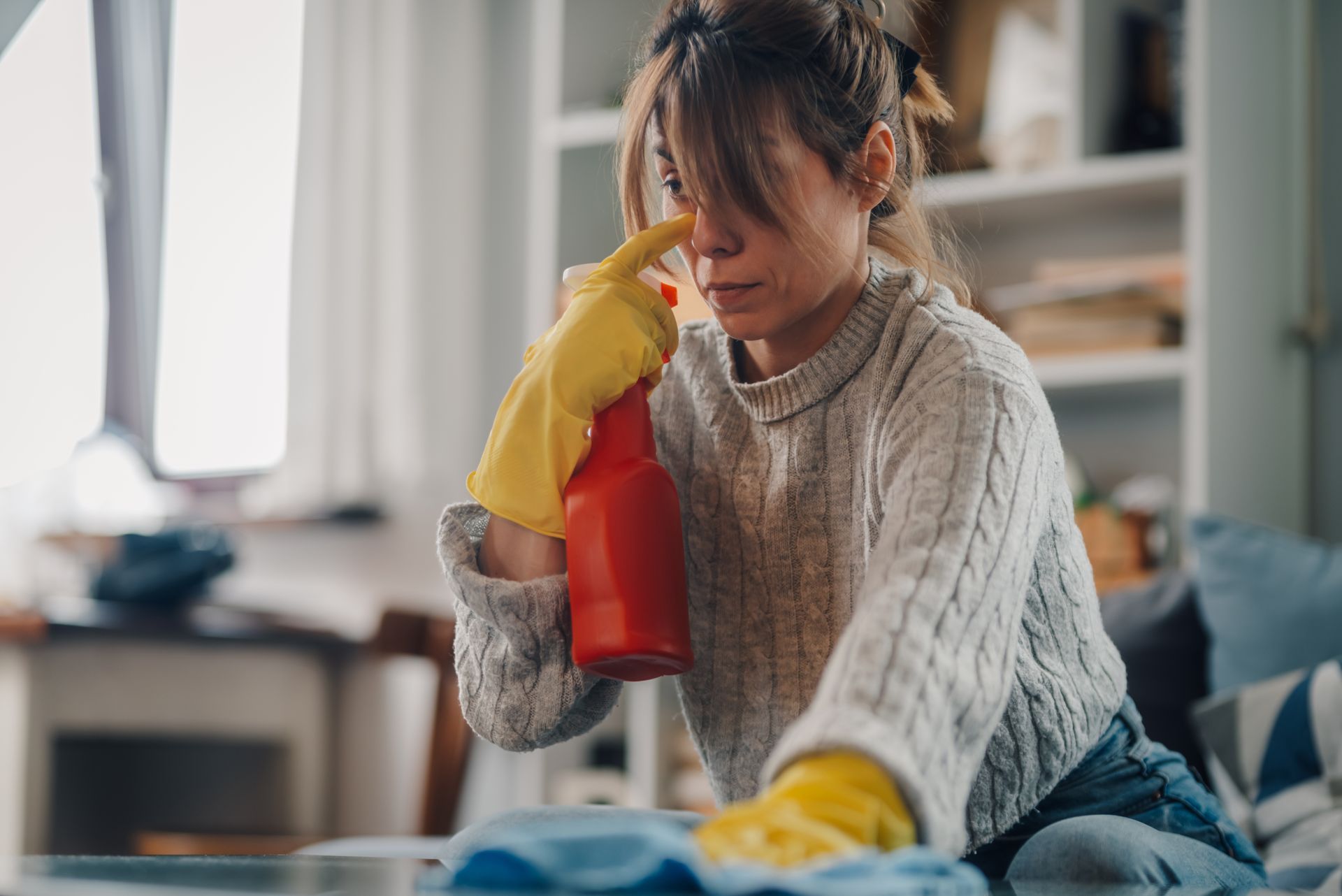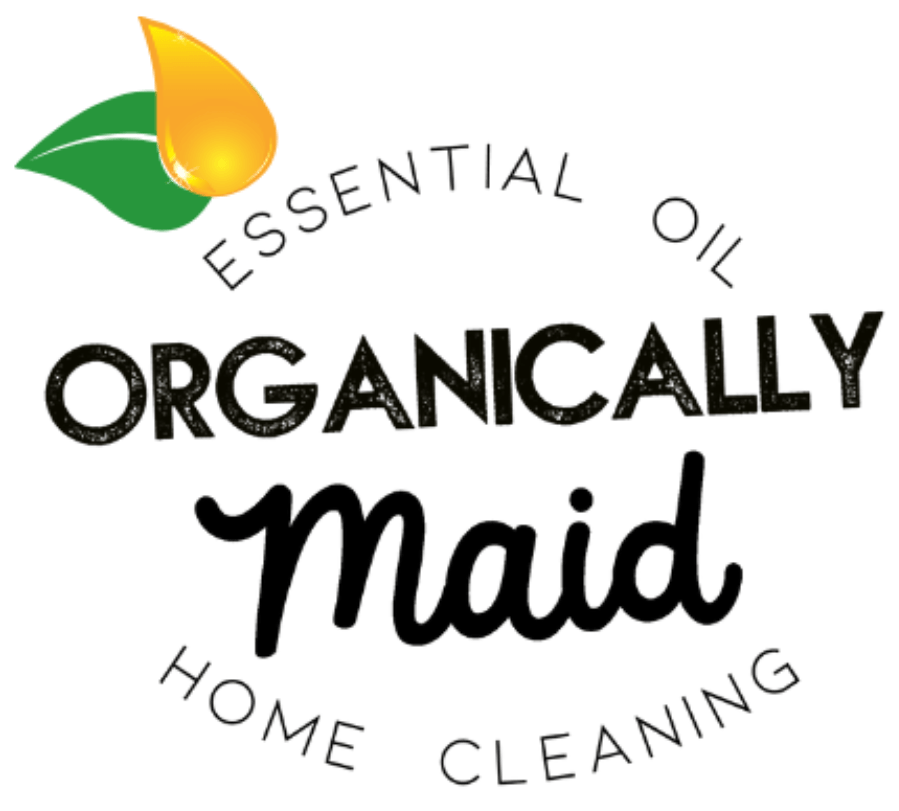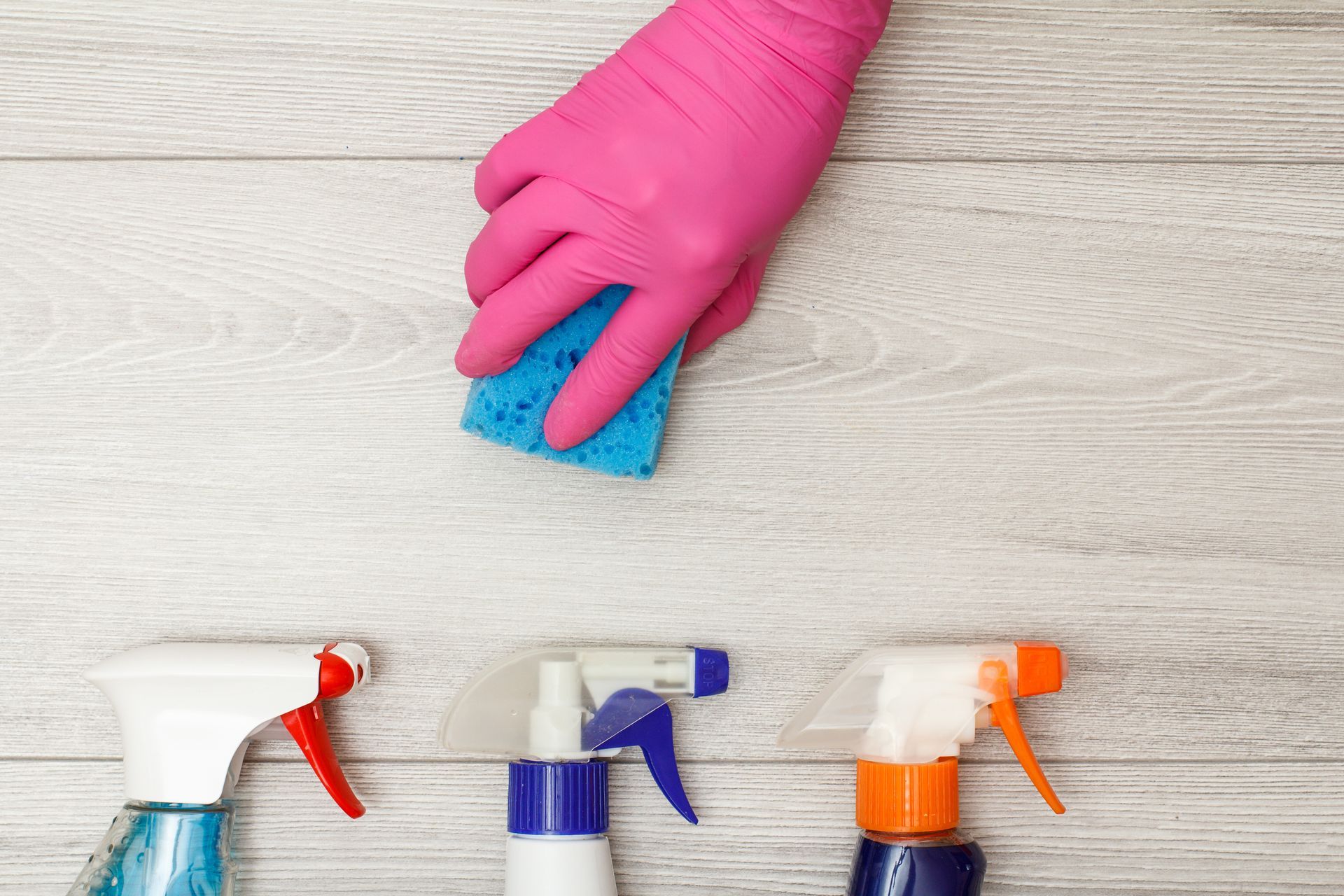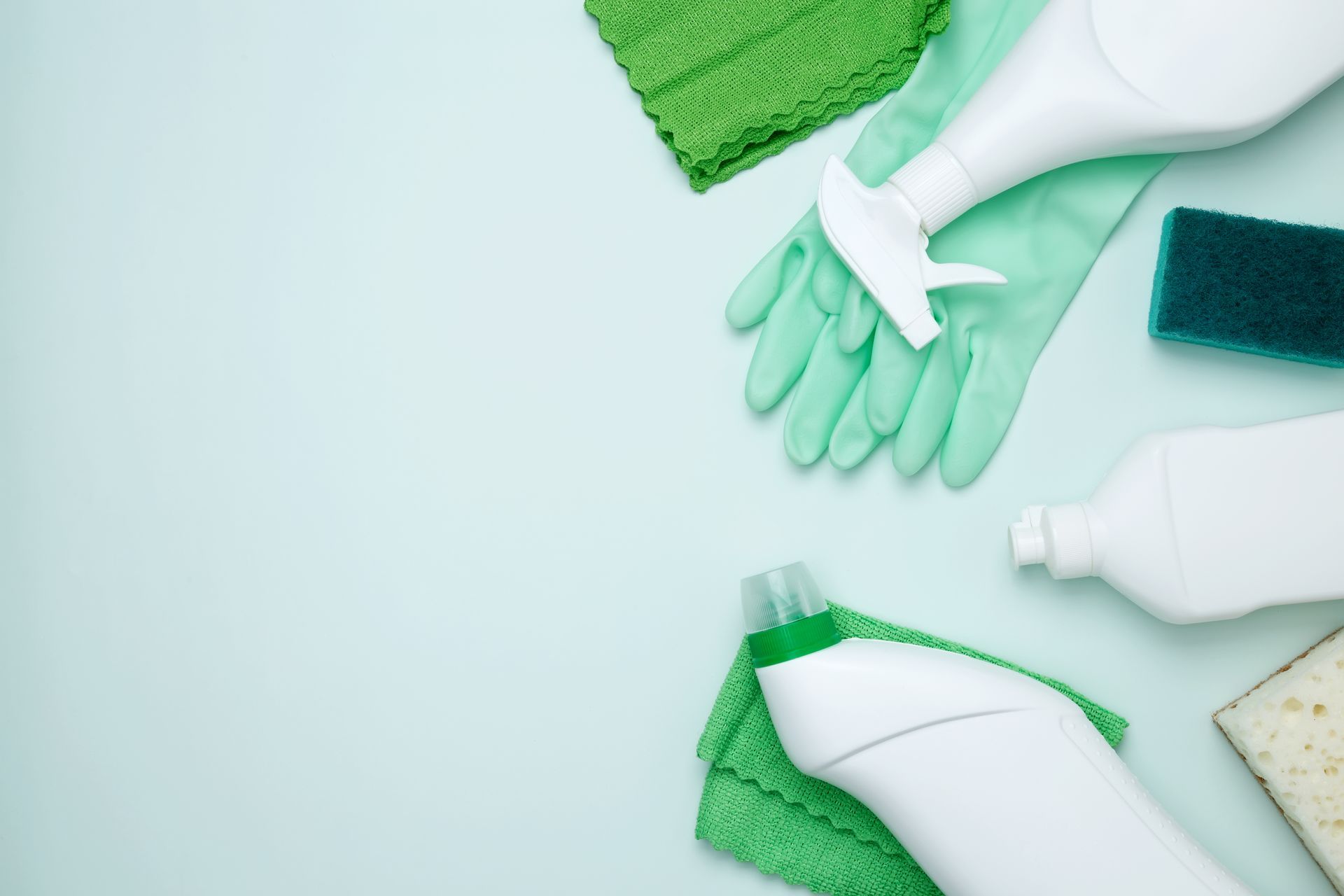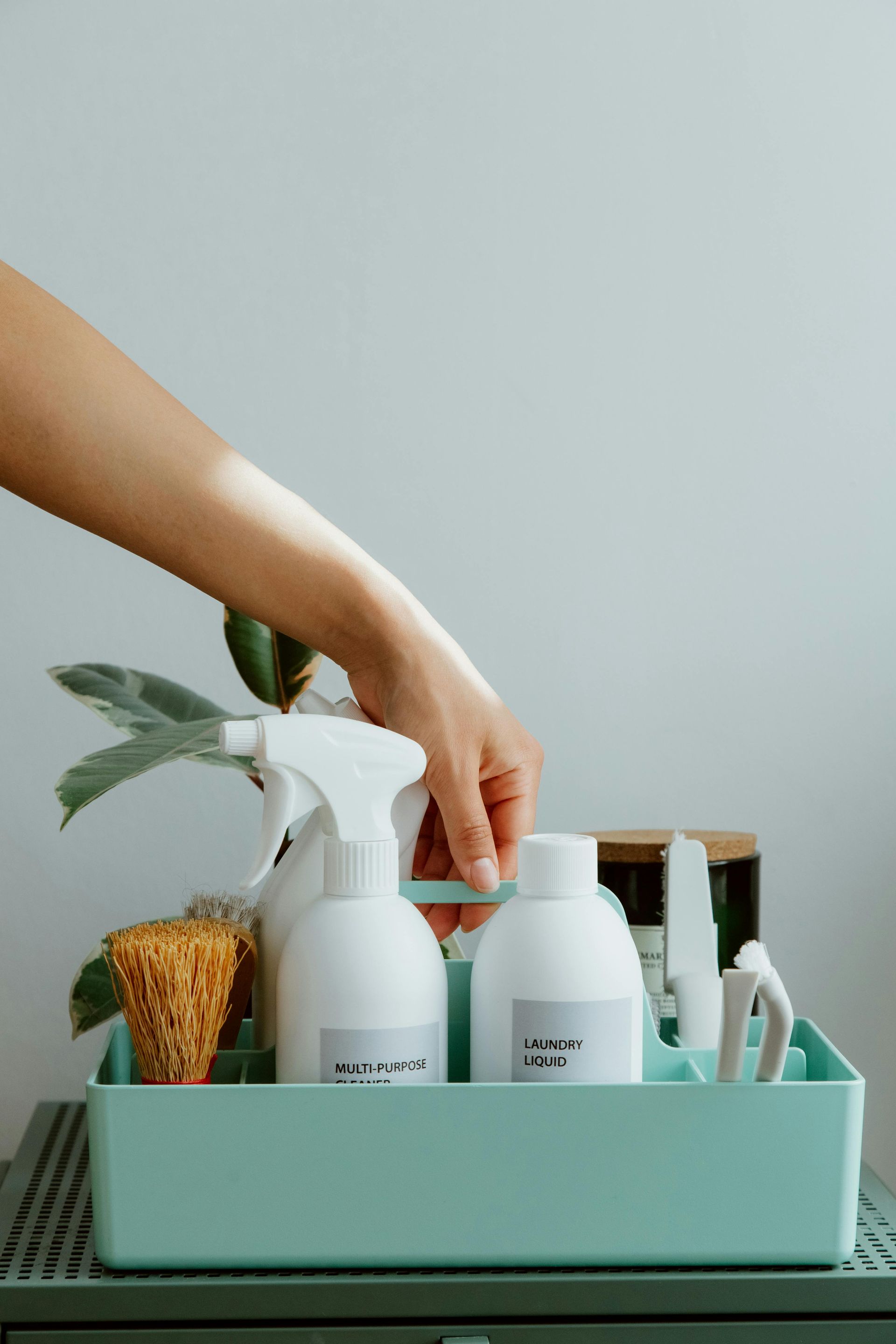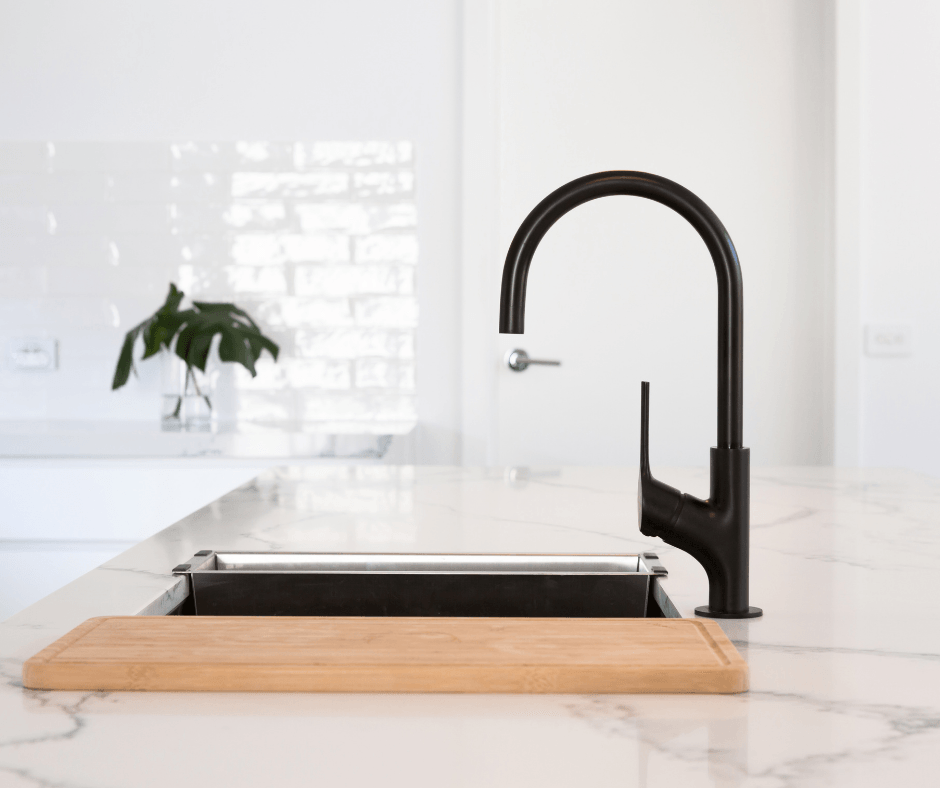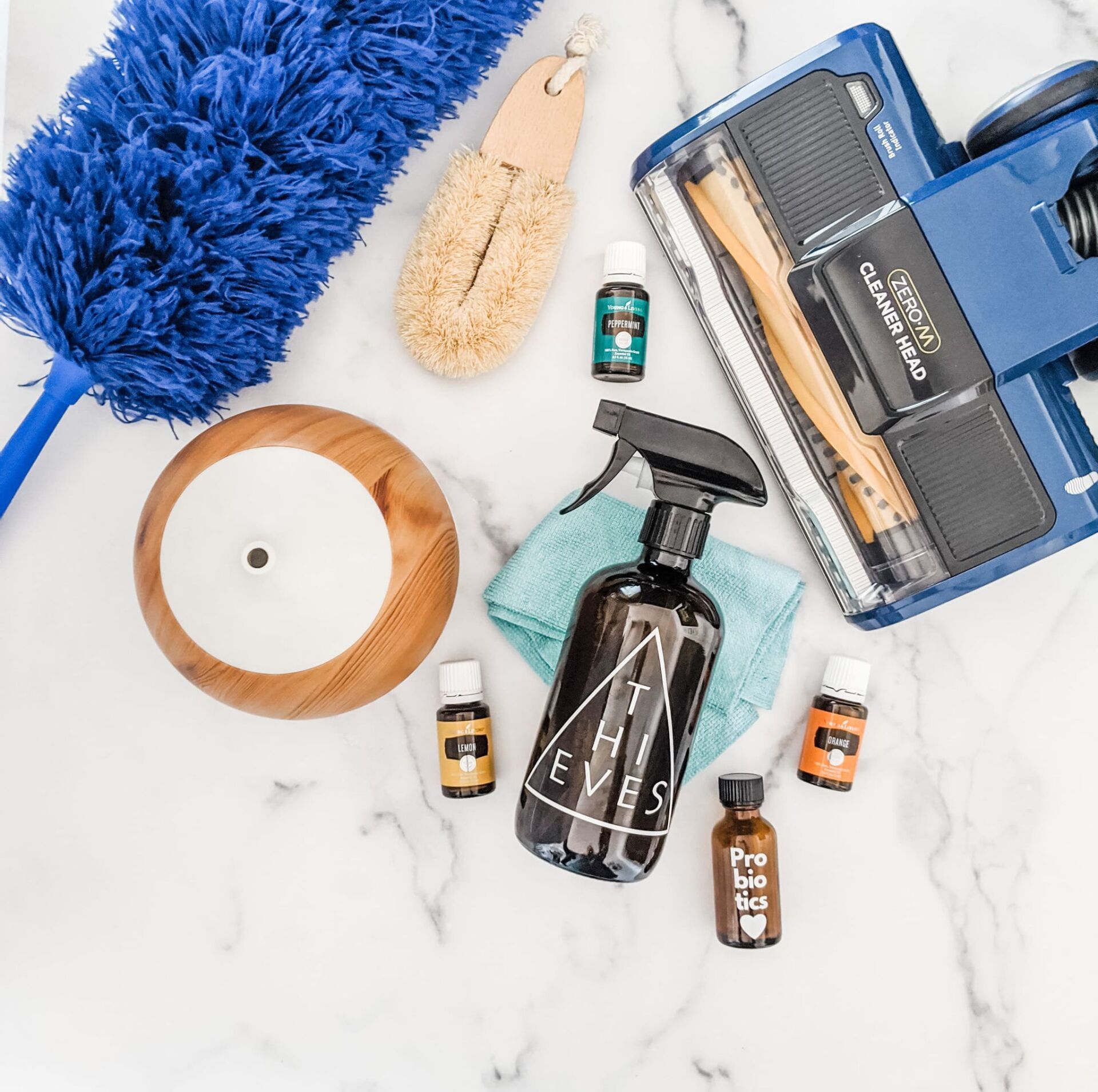Creating a Healthy Home Environment
The Organic Cleaning Approach

A clean home is essential for a healthy life, but how you clean matters just as much as the act itself. Conventional cleaning products often contain harsh chemicals that can leave behind harmful residues and affect your home’s air quality. An organic cleaning approach offers a safer, more sustainable way to maintain cleanliness while protecting your health and the environment. Here’s how switching to organic cleaning can create a healthier home environment.
Why Organic Cleaning Is Safer for Your Home
Traditional cleaners are filled with ingredients like ammonia, chlorine, and synthetic fragrances, which can irritate the skin, eyes, and respiratory system. These chemicals can linger on surfaces and in the air long after cleaning is done. Organic cleaning products, on the other hand, rely on natural, non-toxic ingredients like vinegar, baking soda, essential oils, and plant-based extracts. They effectively clean without the toxic side effects, ensuring your home is free from chemical pollutants.
Improving Indoor Air Quality
Indoor air quality is often worse than the air outside due to the accumulation of dust, dirt, and chemical fumes from cleaners. Organic cleaning products help reduce the release of volatile organic compounds (VOCs), which are common in chemical-based cleaners and can trigger asthma, allergies, and other respiratory issues. By choosing organic alternatives, you’re actively contributing to better air quality in your home, leading to fewer health risks.
Safe for Children and Pets
Children and pets are particularly vulnerable to the harmful effects of chemical cleaners. They often come into close contact with surfaces, floors, and toys where residues from cleaning products can linger. Organic cleaners are made with gentle, non-toxic ingredients, making them much safer for use around babies, toddlers, and pets. With fewer harsh chemicals in your home, you reduce the risk of skin irritations, allergic reactions, and accidental ingestion.
Reducing Allergens and Irritants
Conventional cleaning products can exacerbate allergy symptoms by introducing strong fragrances and irritants into your home environment. Organic cleaning focuses on reducing allergens without adding artificial scents or irritants. Products made with essential oils not only clean effectively but also offer natural, mild fragrances that are less likely to trigger allergies or sensitivities.
Sustainability and Environmental Impact
The benefits of organic cleaning extend beyond your home. Organic products are biodegradable and free from harmful chemicals that can pollute water systems and harm wildlife when they’re washed down the drain. By using organic cleaners, you’re supporting sustainability and making a positive environmental impact by reducing chemical waste and minimizing your carbon footprint.
Simple Ingredients, Effective Results
Many people worry that organic cleaning products won’t be as effective as traditional cleaners, but natural ingredients can be just as powerful. For example:
- Vinegar is a natural disinfectant that cuts through grease and grime.
- Baking soda acts as a gentle abrasive, perfect for scrubbing surfaces.
- Lemon juice helps lift stains and leaves a fresh, natural scent.
- Essential oils like tea tree and lavender have antibacterial properties while adding a pleasant aroma.
These simple ingredients are the foundation of an organic cleaning routine that keeps your home fresh, clean, and chemical-free.
Creating Your Organic Cleaning Routine
To adopt an organic cleaning approach, start by replacing a few key conventional products with organic alternatives. Look for eco-friendly brands that prioritize plant-based ingredients, or try making your own DIY cleaners using vinegar, baking soda, and essential oils. You can tackle almost every cleaning task in your home—from countertops to floors—with safe, non-toxic ingredients.
Maintaining a healthy home environment doesn’t have to be complicated. By switching to organic cleaning, you’re taking an important step toward protecting your health, your family, and the planet.
In the Dallas-Fort Worth area? Organically Maid cleaning services can help keep your home or office sparkling naturally with organic and non-toxic cleaners and can save you time and energy! Contact us today for a free estimate.
The recommendations and recipes provided on the Organically Maid Blog are intended for informational purposes only. Please use caution and consult with a professional if you have any concerns or allergies. Organically Maid is not liable for any adverse effects or damages that may result from following the recommendations or recipes shared on this blog. Always follow manufacturer's recommendations and proceed at your own risk.
Blog
